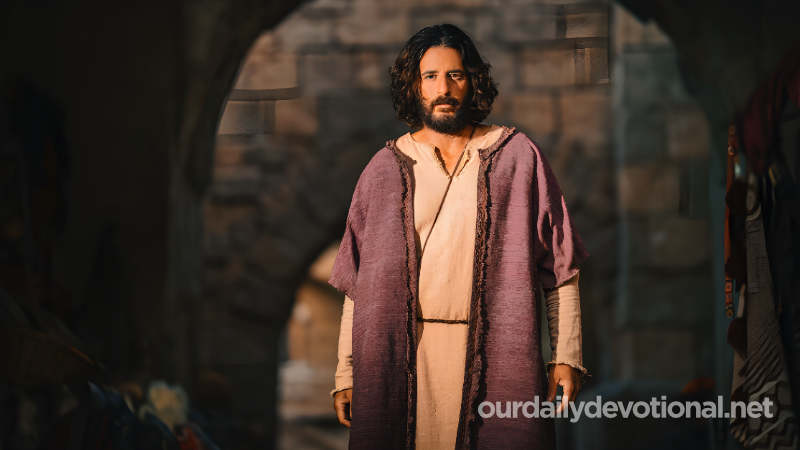(NT Greek: “Maththaios”, or “Matthaios”, from the Hebrew “Mattithyãh”: “gift of Jehovah”).
Tax collector (publican).
Jew in the service of Rome or Herod. Called by Christ, in Capernaum, to be his disciple, he obeyed him immediately, abandoning his duties (Mt. 9:9; Mark 2:14; Luke 5:27).
Jesus soon chose him as one of the twelve (Mt. 10:3; Mark 3:18; Luke 6:15). In Mr. 2:14 and Lk. 5:27 he appears under the name of Levi son of Alphaeus.
The reason for the two names is that it was not uncommon for Jews to have them in the first place. Furthermore, it is possible that Levi received the name Matthew when he became his disciple.
In the lists of the twelve, and as the author of the first Gospel, this Levi is always called Matthew. His admission to the group of disciples led other members of this despised class to follow Jesus, thereby attracting the hostility of the Pharisees; This hostility manifested itself during the banquet that Matthew, recently converted, offered to Jesus.
"Publicans" and "sinners" attended this banquet. The Lord responded to the scandalized Pharisees: "I have not come to call the righteous, but sinners to repentance" (Lk. 5:29-32; Mark 2:15-17; Mt. 9:10-13).
Matthew simply says that the supper took place "in the house" (Matt. 9:10); but by Mr. 2:15 and Lk. 5:29 The place of this great feast was his own mansion.
Attempts have been made to identify Alfeo, father of Mateo, with the father of James the Less. But Matthew and this apostle do not appear together in the enumeration of the other brothers, while this is what happens with the other brothers.
After the resurrection of Jesus, Matthew is found together with the other apostles (Acts 1:13), and after that he is no longer mentioned in the NT.
Tradition claims that he first preached among the Jews, which is plausible, in view of the markedly Jewish character of his Gospel.
Meaning of MATTHEW
(NT Greek: “Maththaios”, or “Matthaios”, from the Hebrew “Mattithyãh”: “gift of Jehovah”).
Tax collector (publican).







